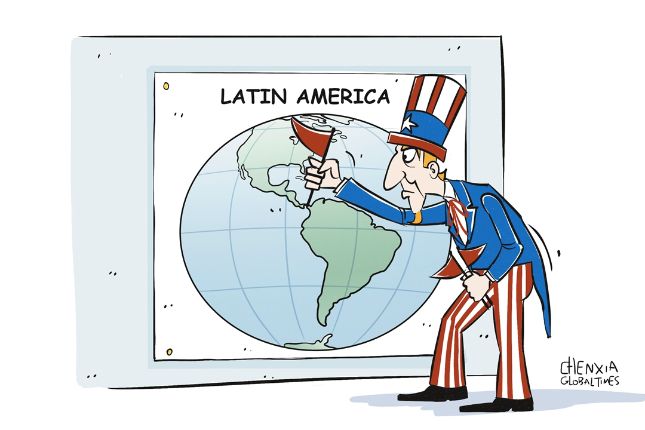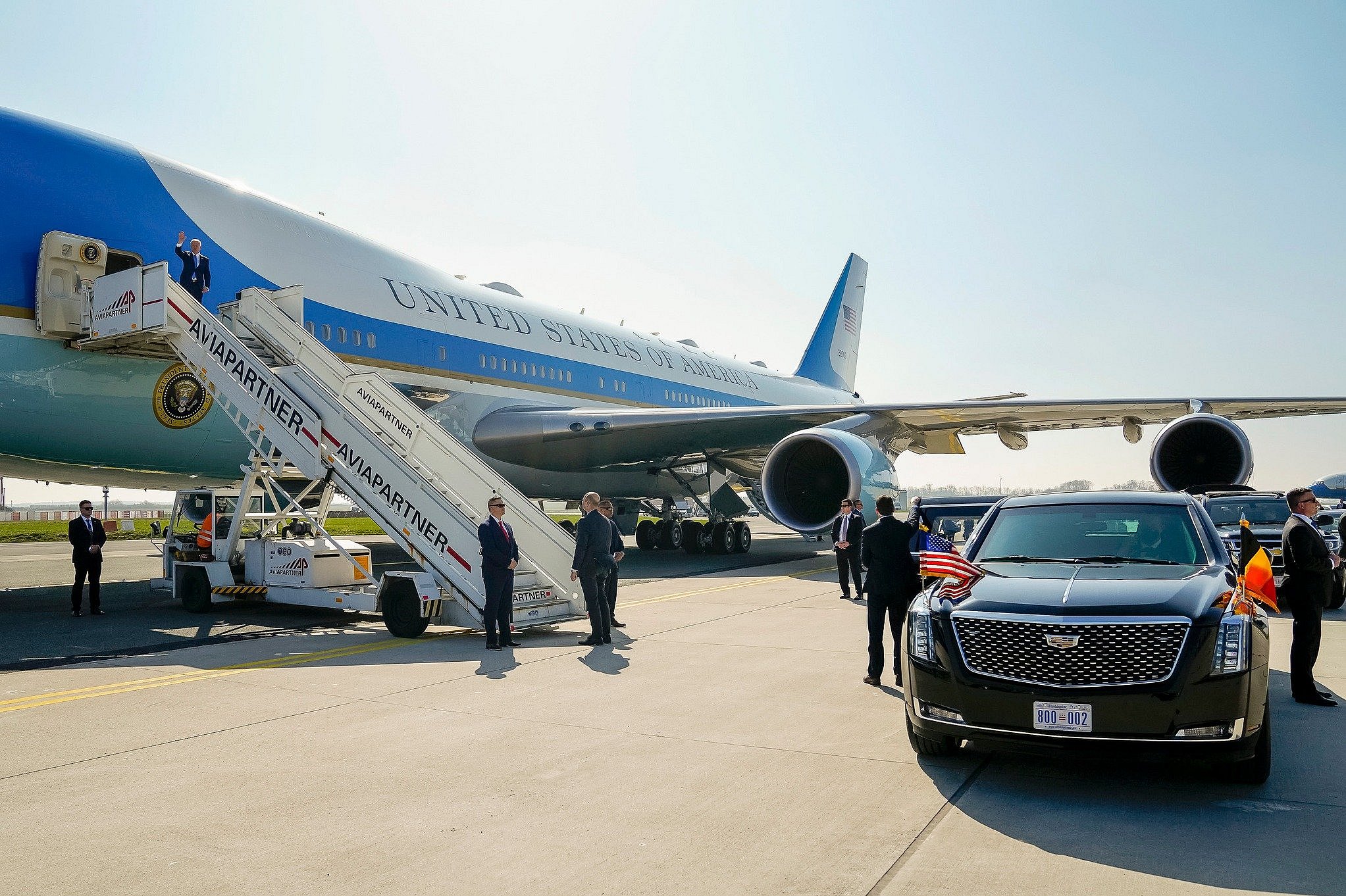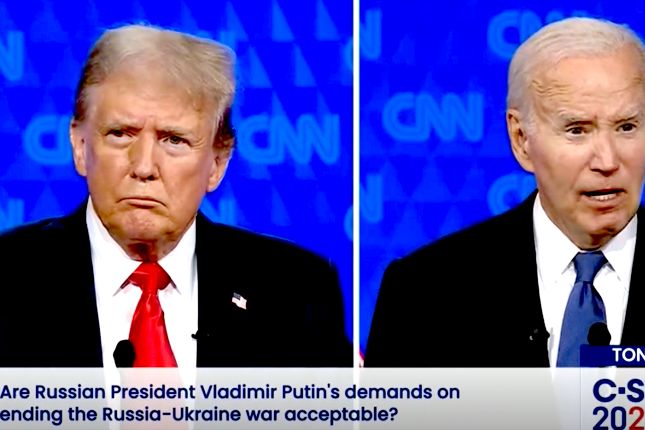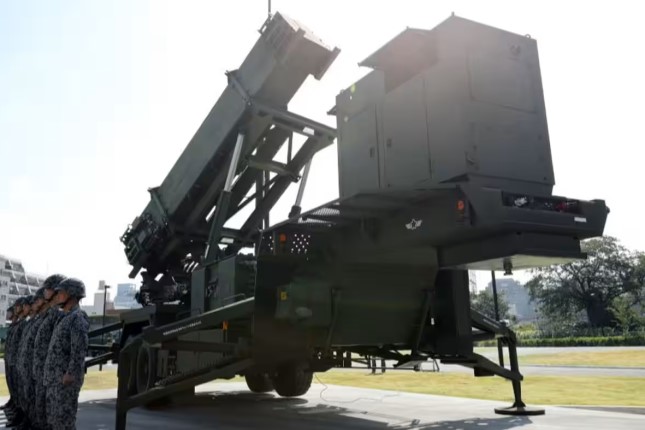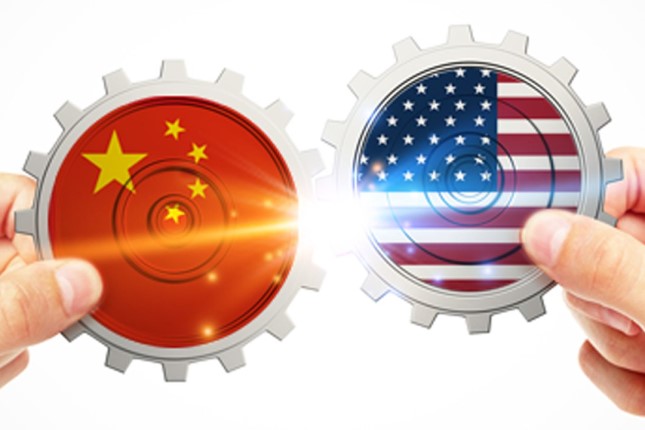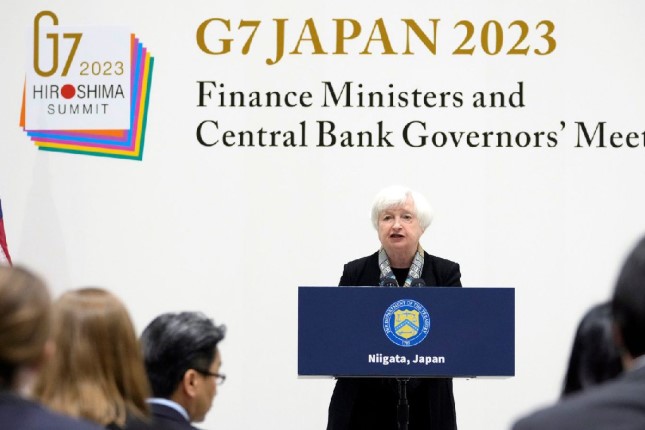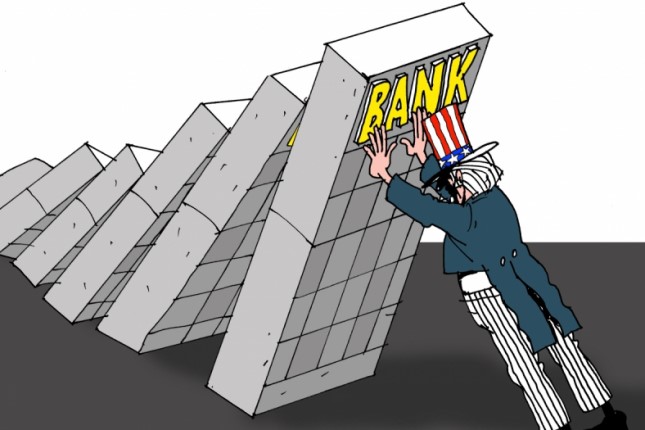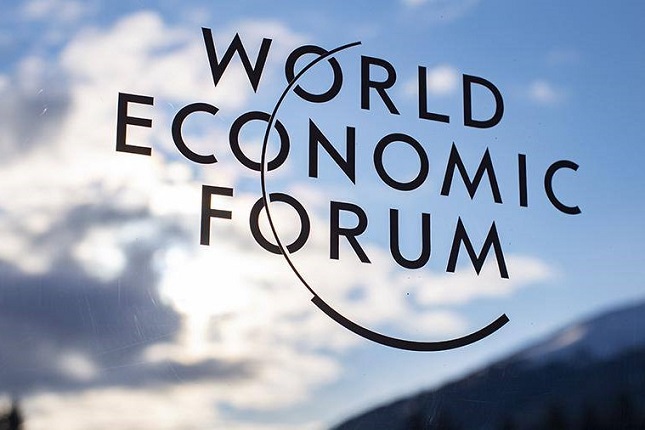His blatant coercion and intimidation not only lay bare Washington's persistent hegemonic mind-set but also highlight its well-worn strategy of using "diplomatic and economic leverage" to serve its own interests.
The US official's recent visit to Panama has placed the Latin American country's sovereignty squarely in the eye of the storm. The US side demanded that Panama take immediate action to curb the "threat" of China's "influence and control" over the Panama Canal and warned that if the "unacceptable" status quo remained unchanged, the US would take "measures necessary to protect its rights."
US accusations are entirely baseless. Panama has repeatedly affirmed that there is no Chinese interference in the Canal's operations. China's Permanent Representative to the United Nations, Fu Cong, reiterated on Monday that claims of Beijing's control over the Canal are "totally false" and that Beijing has never interfered in Canal affairs.
The allegations regarding "Chinese interference" appear to be nothing more than a carefully scripted political charade. They reflect Washington's growing anxiety about China rather than any genuine concern for the safety of the Panama Canal. After all, the US has a long track record of spinning false narratives - whether it's claims of "economic coercion" or the fabricated "Chinese debt trap" - in an attempt to undermine China's cooperation with Panama and other Latin American nations.
However, these accusations fall flat when measured against the reality of Panama's relationship with China, which is grounded in equality and mutual benefit. Over the years, China has emerged as one of Panama's key trading partners. Through professional training programs, infrastructure projects and other forms of cooperation, the two countries have forged strong ties rooted in sincerity, openness, pragmatism, and win-win collaboration.
On Monday, China's Ambassador to Panama, Xu Xueyuan, published an article in Panama's newspaper La Estrella de Panamá titled "US, please learn to respect." The piece emphasized that China's relationship with Panama is based on equality, respect and mutual benefit, reaffirming China's commitment to the Panama Canal's permanent neutrality. Simultaneously, it exposed the coercive nature of Washington's diplomacy, revealing how Rubio's visit is not about ushering in a "golden age of the Americas" but rather about maintaining US dominance in the region.
In truth, Washington's allegations against China are little more than a reflection of its own behavior. History has repeatedly shown that the real threat to the Panama Canal's stability has come from US intervention, not from other partnerships. And Panama is hardly the only victim. The US has long treated Latin America as its own "backyard," wielding economic and diplomatic influence to serve its own agenda. That same interventionist playbook is still being used today, as Washington's pressure campaign sweeps across the region. The Panama Canal is a vital global trade artery, and its permanent neutrality and safe operation are of common concern to the international community. Any attempt to exploit this issue as a tool for political maneuvering, coercion or foreign interference runs counter to a fair global order and regional stability.
The tour of US secretary of state also included El Salvador, Guatemala, Costa Rica and the Dominican Republic. It's clear that, barely into its term, the new US administration is eager to reassert its grip on Latin America.
However, if this grand talk of a "golden age of the Americas" is merely a rebranded excuse for US meddling - where the "golden age" serves only America, without the "s" - then it's doubtful that the people of Latin America will embrace it. After all, a true golden age should be one of shared prosperity and mutual respect, not a one-sided power play.
Photo: Illustration: Chen Xia / GT.
Source: The Global Times.
